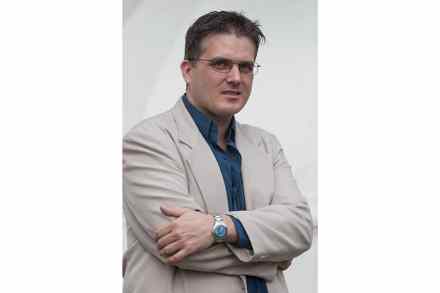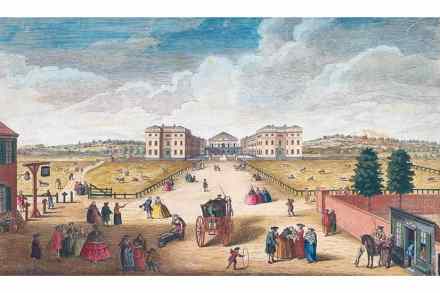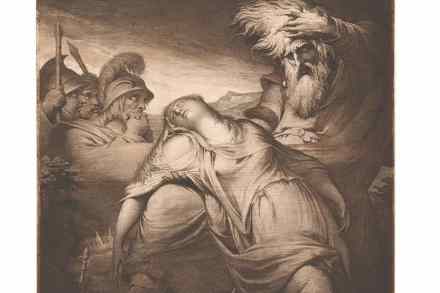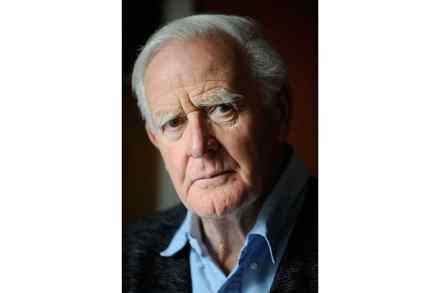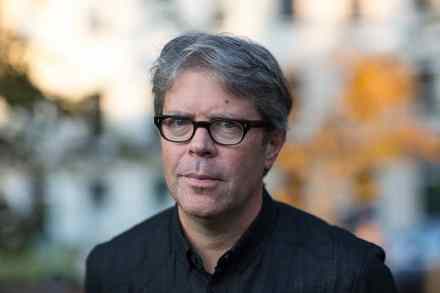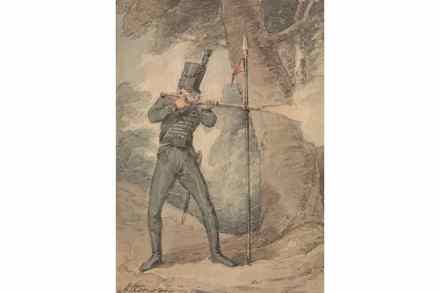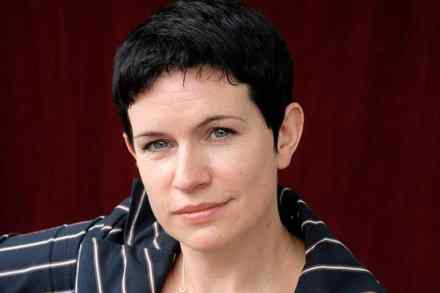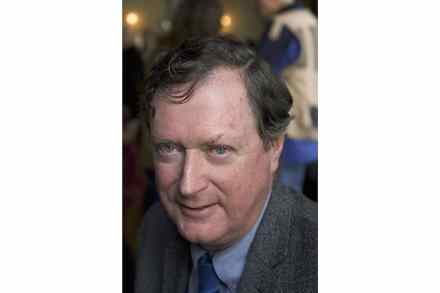A book trade romp: Sour Grapes, by Dan Rhodes, reviewed
Dan Rhodes’s career might be regarded as an object lesson in How Not to Get Ahead in Publishing. Our man was chosen as one of the Best of Young British Novelists in 2003, but his recent exploits include a spectacular falling out with his one-time sponsors, Messrs Canongate, and the writing of a lampoon about Richard Dawkins which so alarmed the lawyers that it had to be issued privately. Significantly, Sour Grapes — his first novel for seven years — comes courtesy of a small, independent press of which I confess that I had not previously heard. In most hands, these serial misfortunes could be guaranteed to produce a full-frontal
